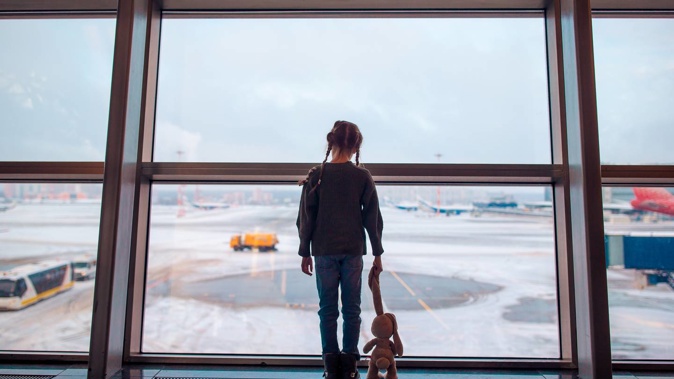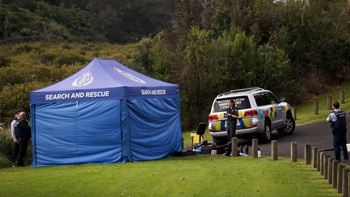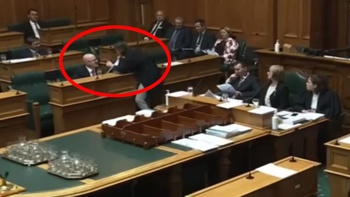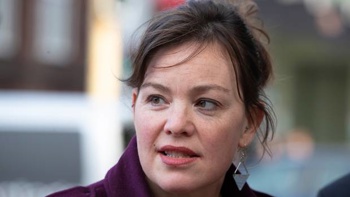
Some parents are being warned to pack extra documentation when travelling to the UK with their children, to prevent being held at the border.
Travelling with children is no easy feat, however, some parents have been warned it could be even harder due to a little-known law.
In the UK, section Section 55 of the Borders, Citizenship and Immigration Act 2009 is designed to protect children from abduction and trafficking.
This is an important issue but means certain parents could be pulled aside and interrogated by border security upon arrival. Specifically, parents who do not share the same surname as their children.
As it becomes more acceptable for married couples to keep their own surnames or for unmarried couples to have children, it’s common for a child to only share one parent’s surname.
However, the 2009 act means Border Force must pay extra attention to these travellers.
A UK Government document on travel and surnames states Border Force has a duty to “safeguard and promote the welfare of children” under Section 55 of the Borders, Citizenship and Immigration Act 2009.
Therefore, if you are travelling with your child who is under 18 years old, and it isn’t obvious from your passport that you are the parent, Border Force may need to establish your relationship.
Border Force states they will do this “as quickly as possible and in a way which is sensitive to the interests of the child and the adult involved”.
However, travellers are warned Border Force officers will seek to establish this relationship before allowing adults and children to leave the UK border.
To minimise delay and make things easier, Border Force encourages parents to carry certain documents with them to prove their relationship with their child and/or the reason for travel.
If you have a different surname to your child, suggested evidence includes a birth or adoption certificate that states you are a parent or a divorce or marriage certificate, that can explain why you have a different surname.
There is nothing wrong with having a different surname to your child, according to the Deed Poll Office (a UK firm of paralegals that specialises in name change law). In fact, in certain countries such as Italy, it would be unusual for a mother and child to share surnames, it says on its website.
Yet, parents can still be questioned, it adds. Therefore, at the very least, they “strongly recommend” parents or guardians put their names and contact details in the ‘emergency contacts’ section of their child’s passport.
Carrying recommended documents will make things even easier.
The UK is not the only country with similar child protections in place. Therefore, it’s worth checking the nearest Embassy or Consulate of the country you and your child will be travelling to or departing from.
Take your Radio, Podcasts and Music with you









